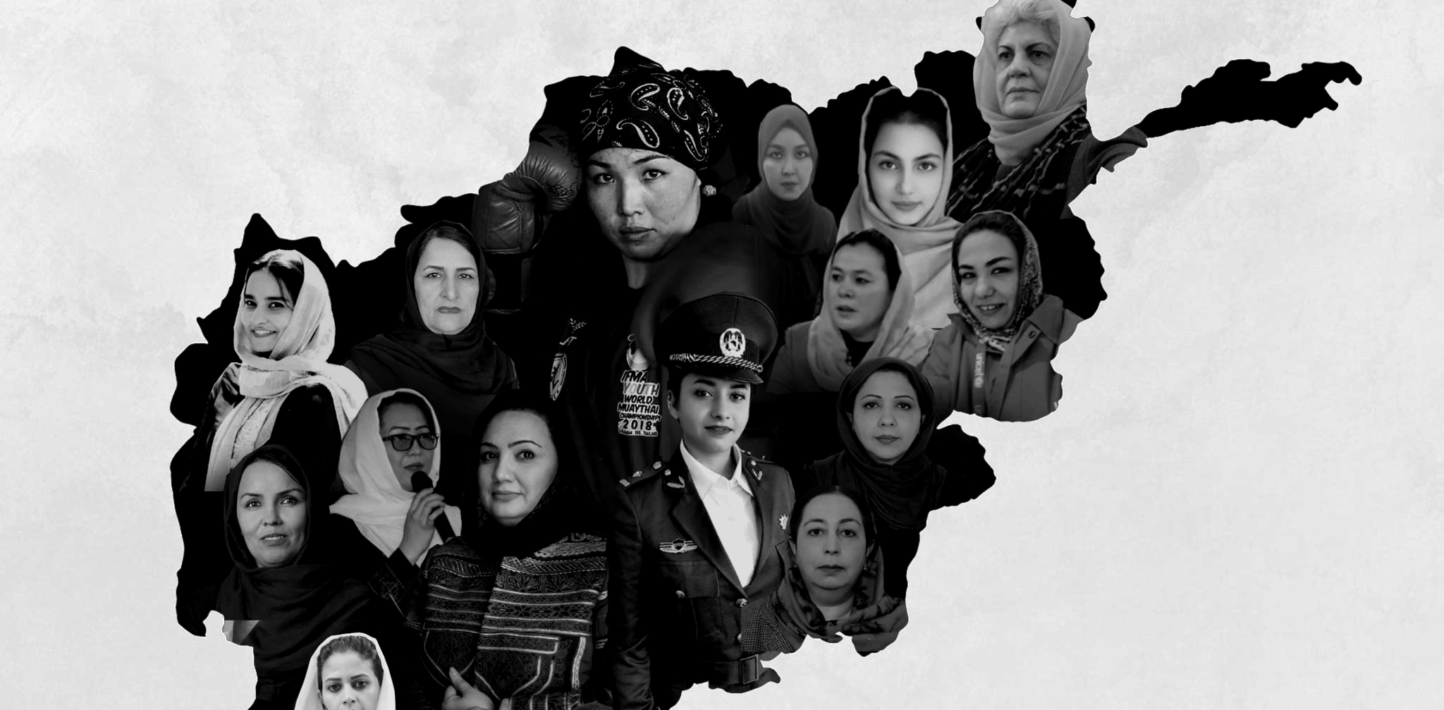Several businesswomen who participated in the Imam Abu Hanifa exhibition in Kabul, while stating appreciation for the event, have called for more exhibitions to be organized.
They are asking the Islamic Emirate to support businesswomen and provide them with more facilities.
Hangama Afzali, who participated in the exhibition to showcase her handmade products, says that her sales market no longer has the same momentum as before.
Hangama Afzali said: “Our request from the government is to create a proper market for women so that we can offer the clothes we make to the market.”
Some businesswomen participating in this exhibition find such events effective for the growth of their businesses, but they also complain about the high cost of renting booths.
Zahra Mohammadi, another participant, said: “Many artisans have displayed their work here to sell their products. Exhibitions like these, in which we participate, are very good and effective.”
Samira, another participant, said: “We pay 400 or 500 dollars for restaurant rent, so we are forced to borrow all our raw materials because we don’t have enough resources. Right now, as you can see, we offer more than 20 dishes, including Mantu, Ashak, Sambosa, Bolani, and Qabili (rice). But if the rent were lower, we could prepare up to 50 dishes.”
Fariba Noori, the head of the board of directors of the Chamber of Commerce and Industries for Women told TOLOnews: “Currently, the main challenge women face is that they are the breadwinners of their families and lack the financial resources to invest in a business. This is because they have lost their government jobs and do not have the budget to support themselves.”
Meanwhile, the Chamber of Commerce and Investment says that nearly 200 booths were allocated to women at the Imam Abu Hanifa exhibition.
Khan Jan Alokozay, A member of the executive committee of the Chamber of Commerce and Investment said: “Women’s presence at this exhibition is more prominent compared to other exhibitions. Almost an entire hall has been dedicated to women, where handmade products such as carpets, pickles, fresh fruits, food, and snacks made by women are being displayed.”
Statistics from the Women’s Chamber of Commerce and Industry show that over 2,500 businesswomen have obtained operating licenses in the past three years, while more than 130,000 other women are currently working without licenses.

